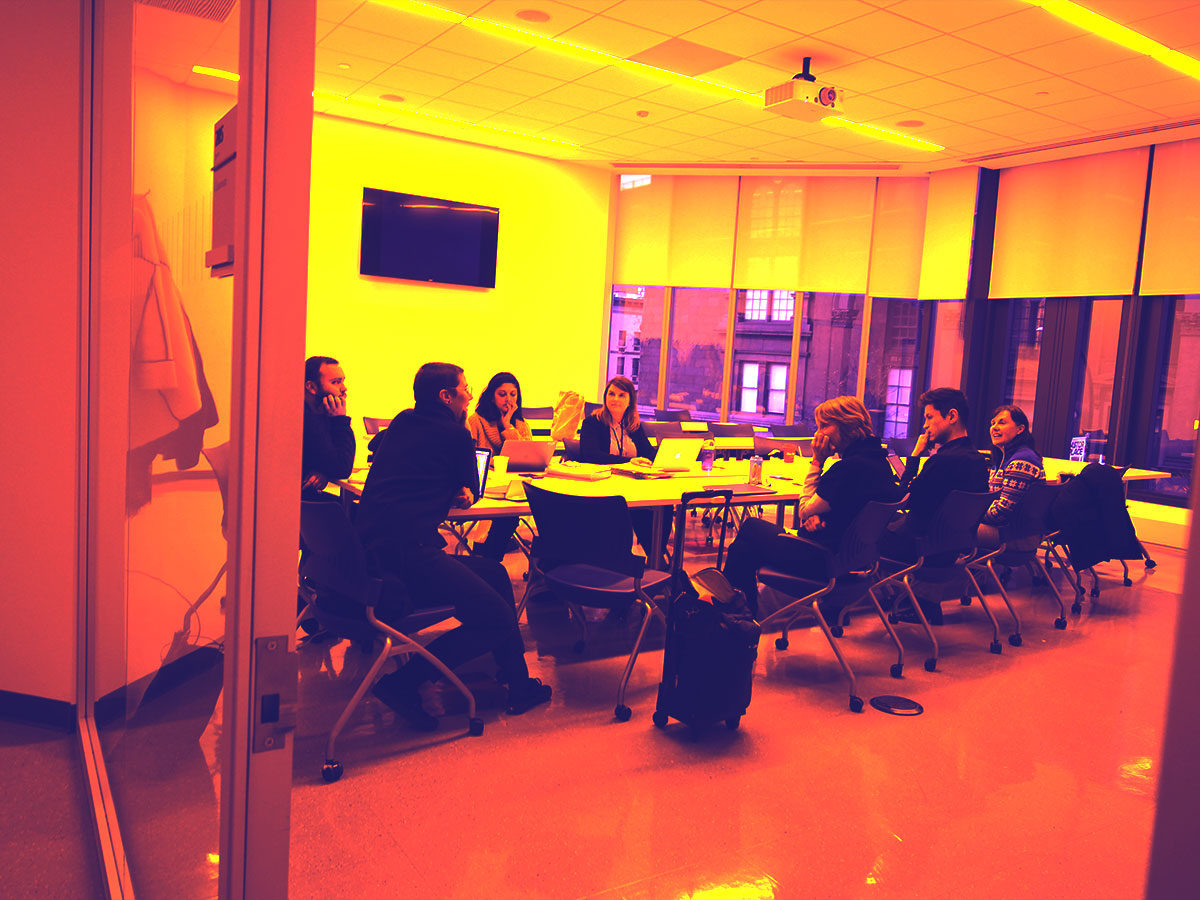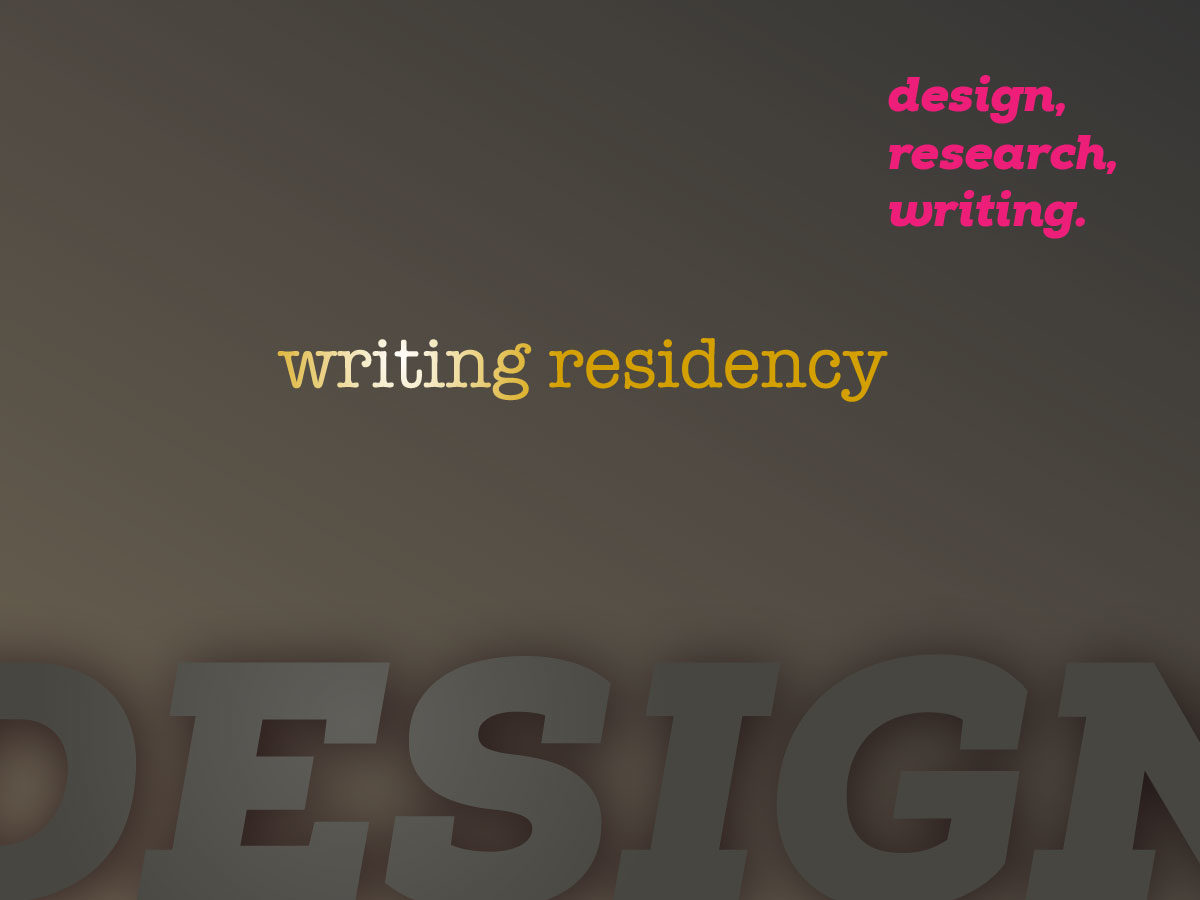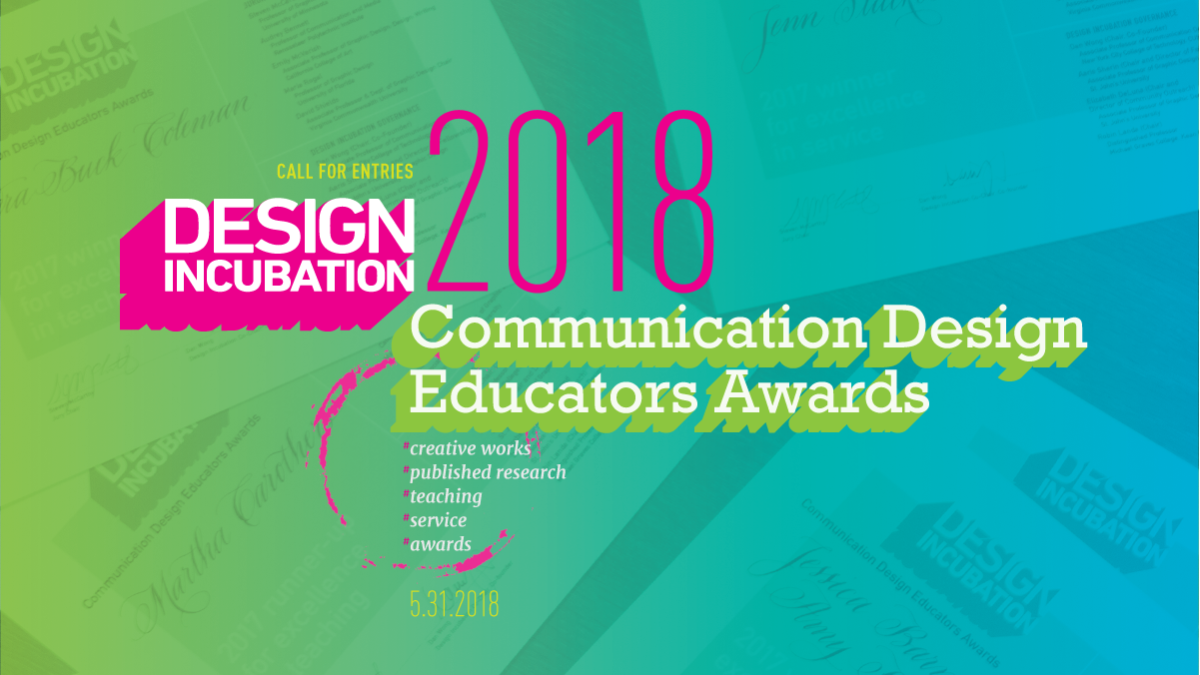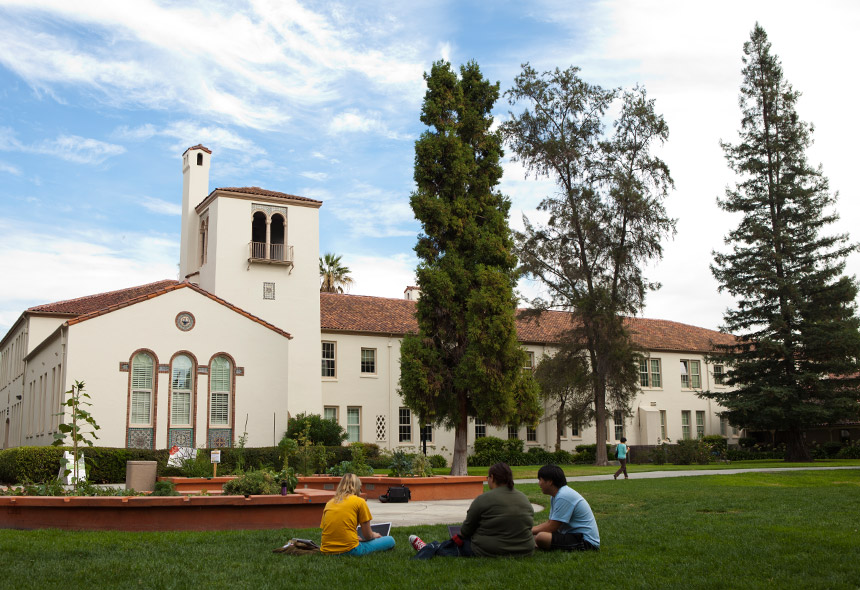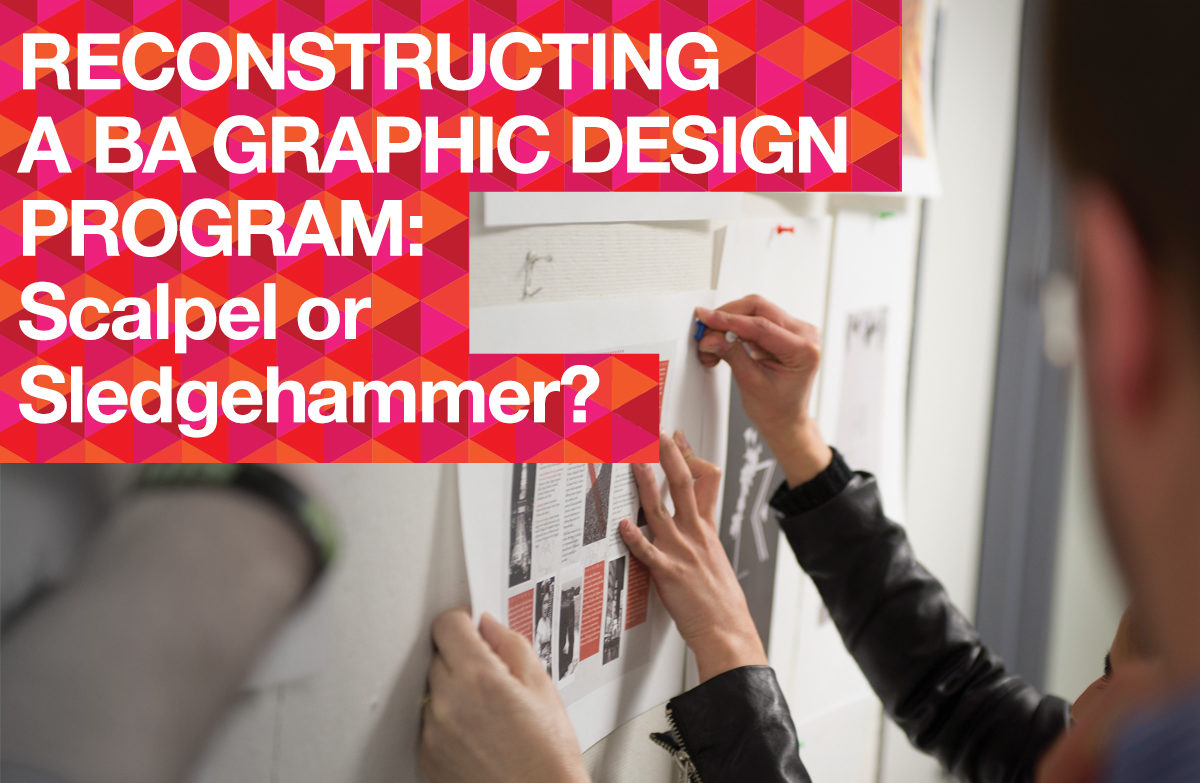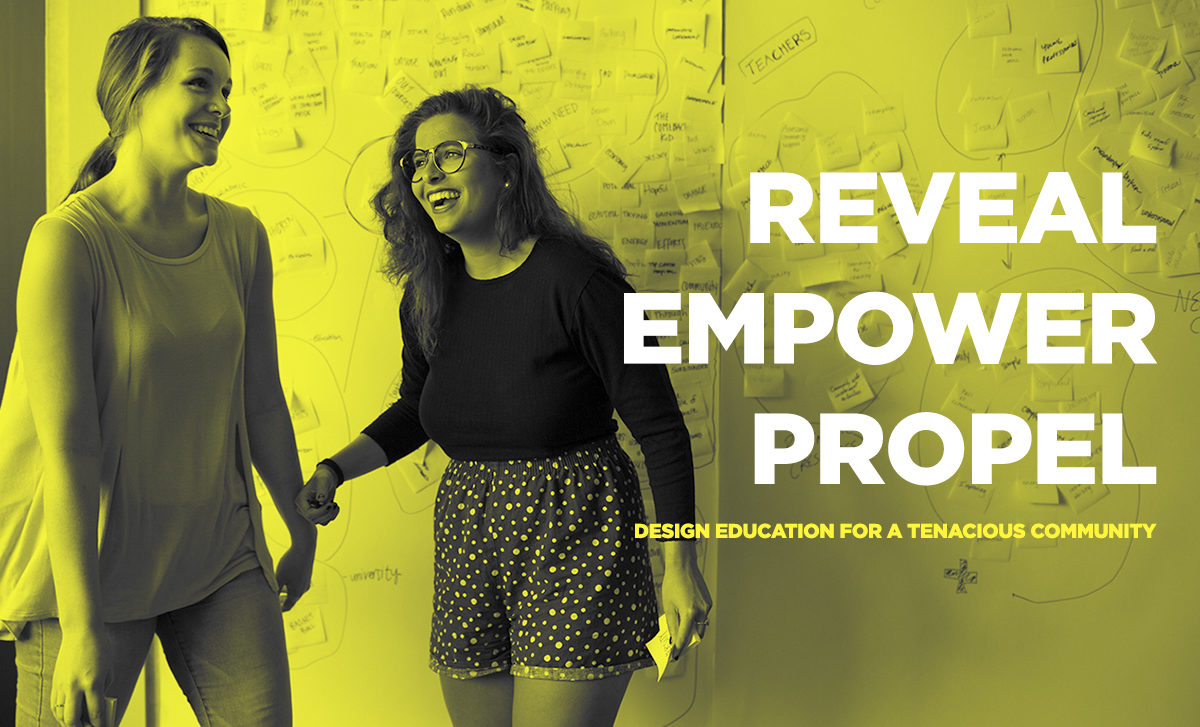Rolling acceptances until Sept 30, 2018. Only 12 seats are available for this event.
Design Incubation is proud to be able to partner with the Haddon Avenue Writing Institute to offer a design-writing residency. This 2-3 day residency allows researchers and scholars time to work on existing writing projects or to start a new writing project. The residency is open to design faculty and to those working in related fields. It offers participants concentrated time to work on writing projects and the opportunity to take advantage of one-on-one consultations with event facilitators Maggie Taft and Aaris Sherin. Using the online registration system (see below), applicants should submit a CV and a 200-500-word synopsis of the project they intend to work on. The cost is $100 for 2 days and $150 for 3 days. Participants may choose to attend either 2 or 3 days. A total of 12 seats are available for this event.
Applications will be considered immediately upon submission and they can be submitted through September 30th, 2018. Official letters of acceptance will be provided to allow attendees to request funding from their institutions.
Location:
Haddon Avenue Writing Institute
2009 W. Haddon Ave, Chicago Illinois
Please note: Housing is not included as part of this residency. Participants are encouraged to stay in Ukrainian Village or a nearby neighborhood though if you choose to stay at a hotel you may have to stay in downtown Chicago as options in the immediate area are limited to Airbnb’s.
REsidents:
Meaghan Barry
Assistant Professor of Graphic Design
Oakland University
Anne Berry
Assistant Professor of Graphic Design
Cleveland State University
Lilian Crum
Assistant Professor of Graphic Design
Lawrence Technological University
Sherry Freyermuth
Assistant Professor
Lamar University
Kimberly Hopkins
Assistant Professor
Towson University
Jessica Jacobs
Assistant Professor
Business & Entrepreneurship
Columbia College Chicago
Pouya Jahanshahi
Assistant Professor of Graphic Design
Oklahoma State University
Sarah Rutherford
Assistant Professor of Graphic Design
Cleveland State University
Ruth Schmidt
Visiting Industry Professor
Institute of Design (IIT)
Dimitry Tetin
Assistant Professor
State University of New York, New Paltz
Jennifer Vokoun
Associate Professor of Graphic Design
Director of the Food Design Institute
Walsh University
Penina Acayo Laker
Assistant Professor, Communication Design
Sam Fox School of Design and Visual Arts
Washington University in St. Louis
Dates:
October 26-28, 2018
The Haddon Avenue Design Writing Residency Schedule:
Friday, October 26th: 10-5
Facilitators: Maggie Taft and Aaris Sherin
10-12:30: Individual writing session
12:30-1:30: Lunch
1:30-5:00: Individual writing session
Saturday, October 27th: 9-5, 6-8 (optional reception)
Facilitator: Maggie Taft
9-9:30: Welcome; Goal setting
9:30-12:30: Individual writing session
12:30-1:30: Lunch (bring your own or in the neighborhood)
1:30-2:00: Techniques for overcoming writer’s block, the blinking cursor, and other writing obstacles
2:00-5:00: Individual writing session
5:00-6:00: Break
6:00-8:00: Reception (optional)
Sunday, October 28th: 9-4:30
Facilitators: Maggie Taft and Aaris Sherin
9-12: Individual writing session and optional one-on-one strategy sessions by appointment
12-1: Lunch (bring your own or in the neighborhood)
1-3:30: Individual writing session and optional one-on-one strategy sessions by appointment
3:30-4:30: Group wrap up
DePaul Colloquium After Party
Attendees and presenters of the Design Incubation Colloquium 5.1: DePaul University, and the Design Incubation Writing Residents will come together at the Haddon Avenue Writing Institute for a reception and tour of the facilities from 6-8pm. Drinks and refreshments will be provided.
October 27th, 2018
6-8pm
Haddon Avenue Writing Institute
2009 W. Haddon Ave, Chicago Illinois
Contact information:
Questions can be sent to Aaris Sherin, Director of Fellowships at Design Incubation
Like this:
Like Loading...
